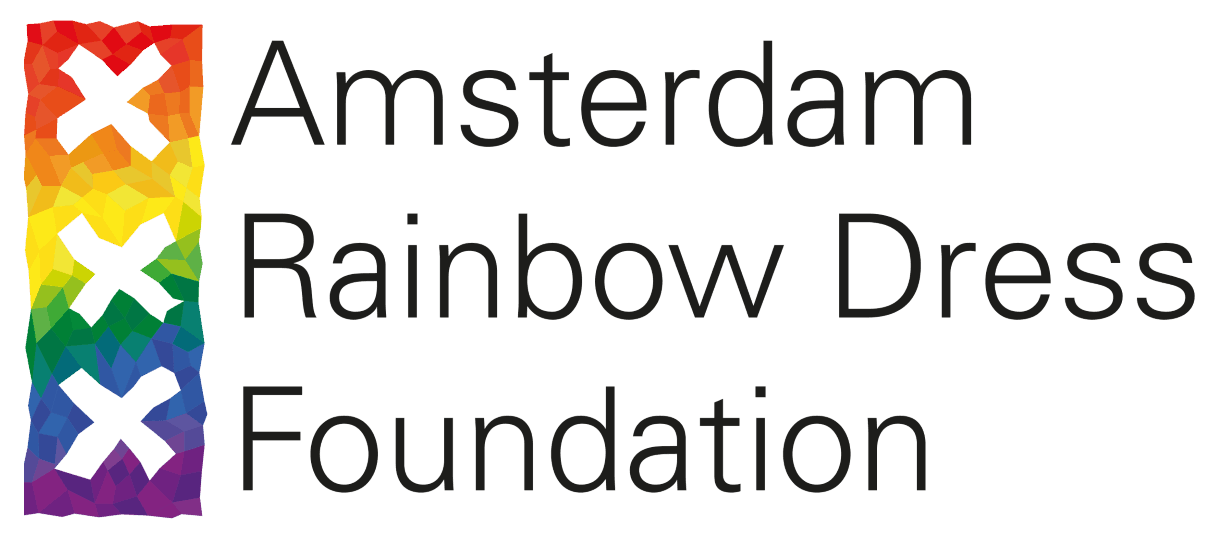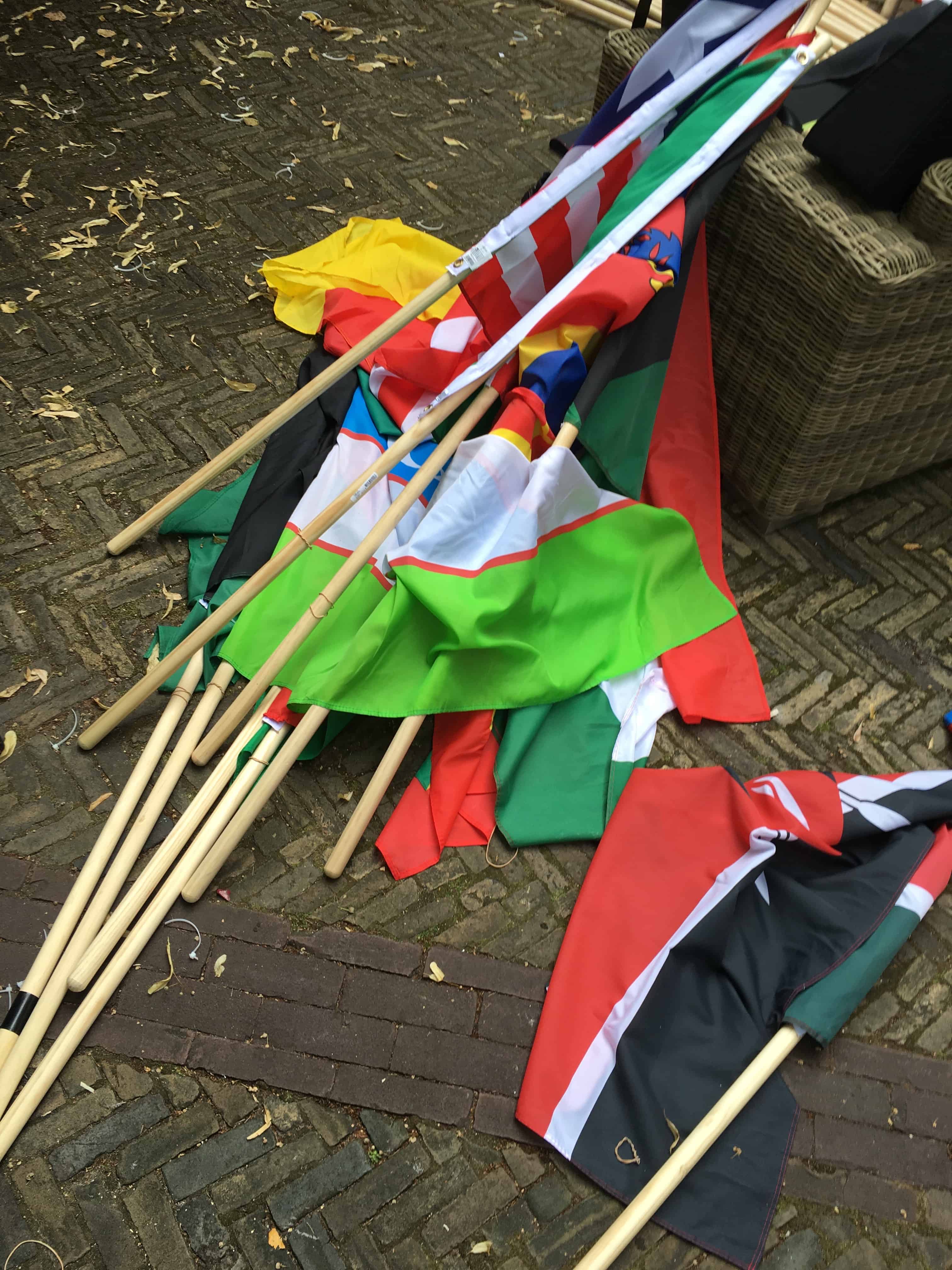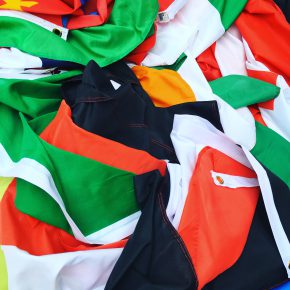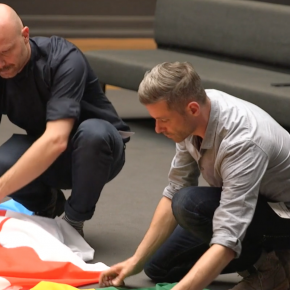When it comes to LGBT rights, India’s in great company.
By desperately clinging to IPC Section 377, an archaic law that robs the LGBT community of the right to love, India has found her much revered flag clinging to the ends of a transgender model’s dress.
The dress in question, worn by 26-year-old model, Valentijn de Hingh, was a political statement. Made from the flags of nations that have failed to decriminalise homosexuality, the dress is meant to shame them. An they should be ashamed, if not for their own laws, then at least for the company they keep – 12 of these nations still have the death penalty to those in same-sex relationships.
A rainbow of homophobia
The dress, which forms an interesting rainbow, made by designer Matthijs van Bergensi, was revealed at Amsterdam Pride via a stunning photograph shot in an equally stunning setting.
As photographer Pieter Henket reveals on his Instagram, “During the opening walk of Euro Pride in Amsterdam 2 weeks ago, 72 flags of 72 different countries where homosexuality is against the law were present.”
LGBT rights organisation COC Nederland “collected these flags and…decided to make these flags into a giant rainbow dress.”
The shot was taken at The Museum of Netherlands, Het Rijksmuseum, in front of the classic painting The Night Watch by Rembrandt.
Spot the Indian flag
While the dress on the whole is rather glamourous, a closer inspection reveals the ugliness in the what these flags, when grouped together, embody – a willingness to trample on human rights for cultural reasons. Collectively a rainbow, but instead of symbolising love and pride, it serves as a representation of hate crime, violence and death.
It embodies the LGBT community’s struggle across these 72 nations.
And on closer inspection, you’ll spot the Indian flag in there. While the placement of the flag near the hemline may cause mass outrage in India, the irony lies in how the real message will probably go unheard.
The message that India and the 71 other nations on this dress are inseparably stitched together in their bigotry, lack of empathy, and the inability to progress.
That we are one among those desperately aiming for that coveted ‘developed’ title but unwilling to budge on real social change is rather telling. While India has bettered its stance on transgender rights, giving them the legitimacy and acknowledgment they’ve been fighting for for years, we fall behind on understanding different sexualities.
India’s double standards
When challenged, or worse, threatened, Indians often resort to one defense as if learnt by rote – our rich culture.
But we are quick to reject that culture when certain facets of it literally dance naked in front of us.
Indian history documents homosexuality casually, perhaps more normatively than the most progressive countries in the world do today. Our monuments preserve traces of a sexually open society where plurality in sex and sexuality were celebrated. Khajuraho bears testimony to this.
And yet, we stick to a law that was gift-wrapped and left behind with a painful colonial legacy. A law that the UK abolished years ago in favour of LGBT rights.
Hopefully this dress serves as a wake up call to India, and is embarrassment enough for us to mend our laws. Because if our country is blind to human rights, just maybe it’ll usher in change to save itself from global ire.
Click here for the original article.
[sgmb id=1]



